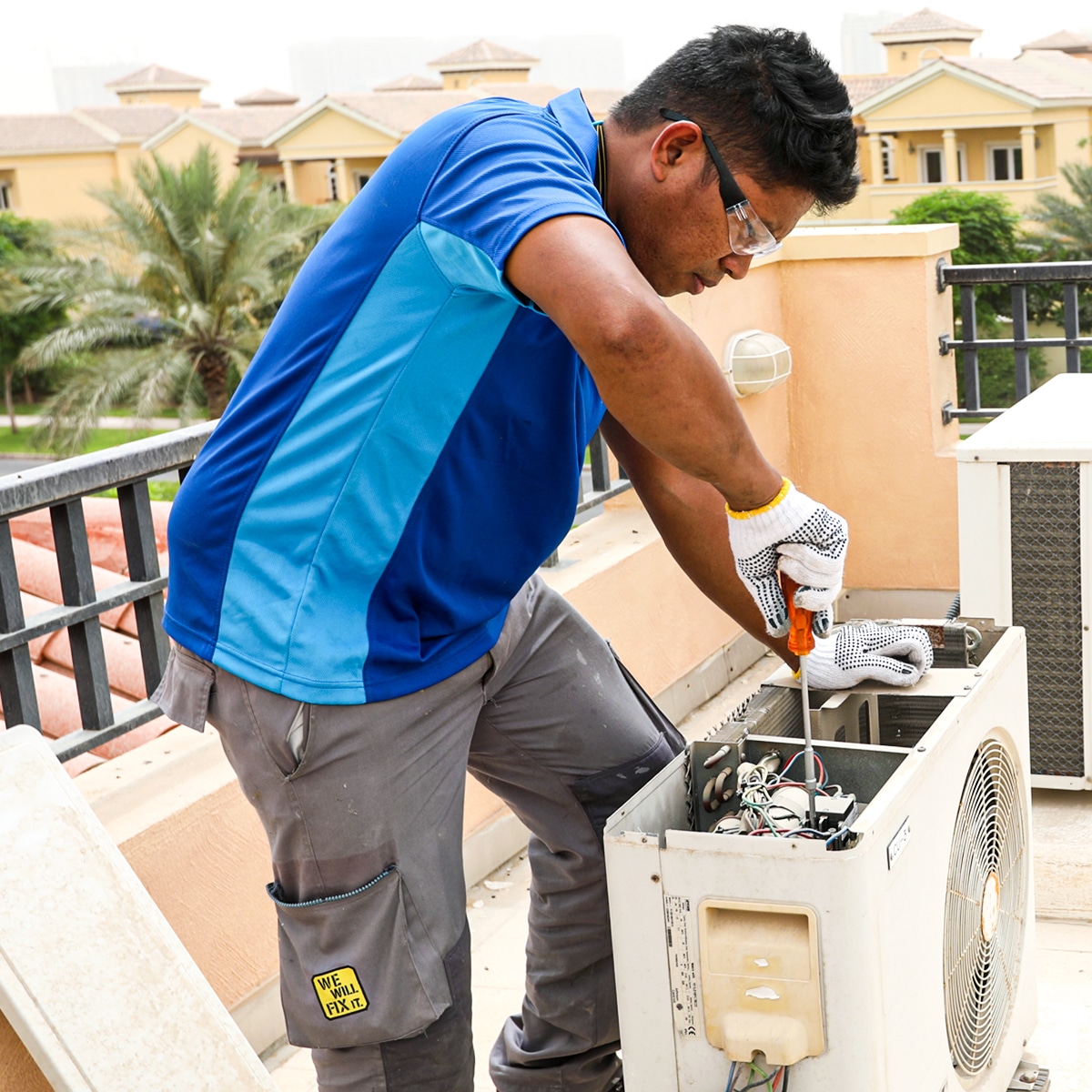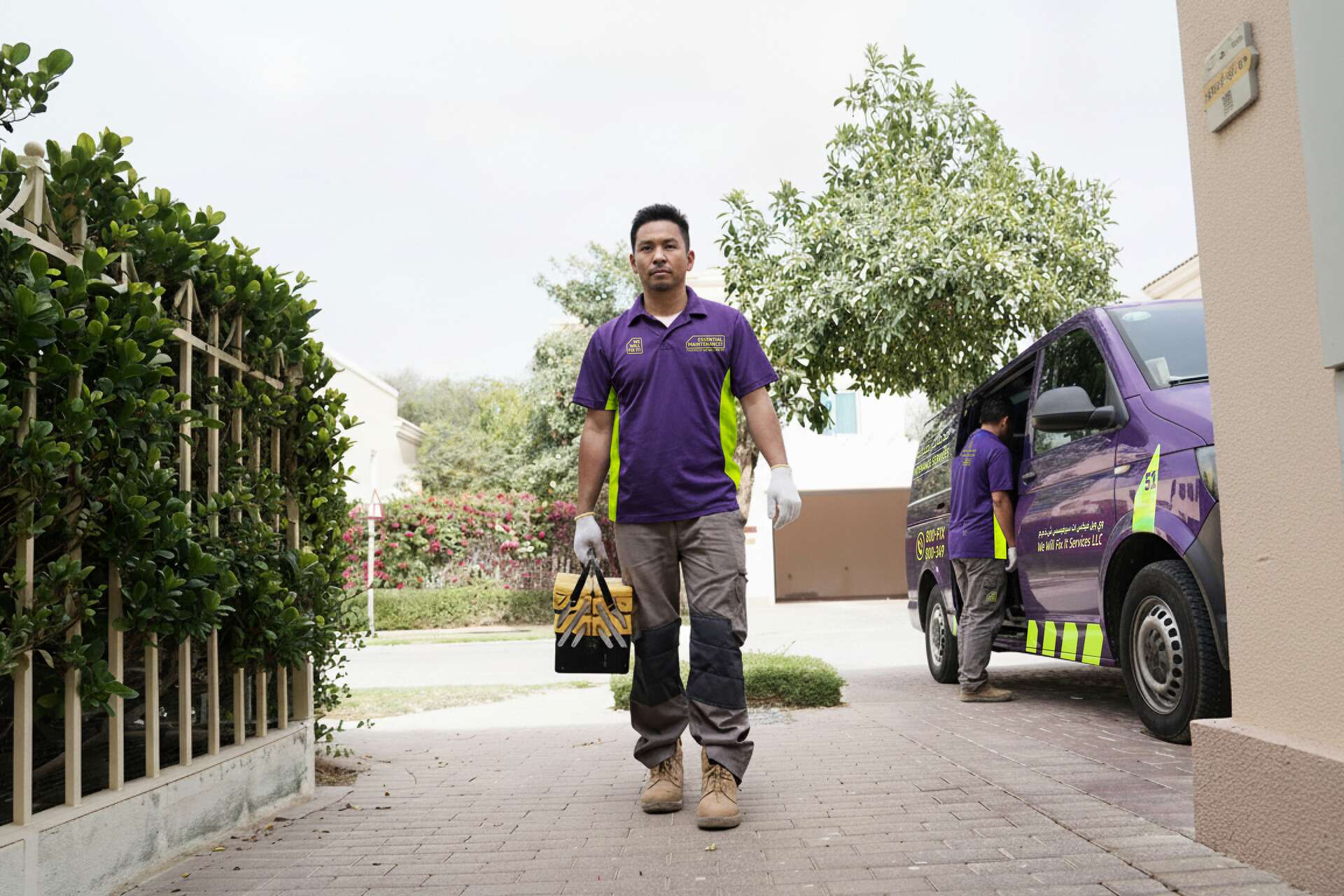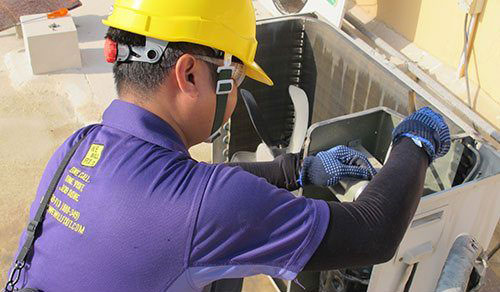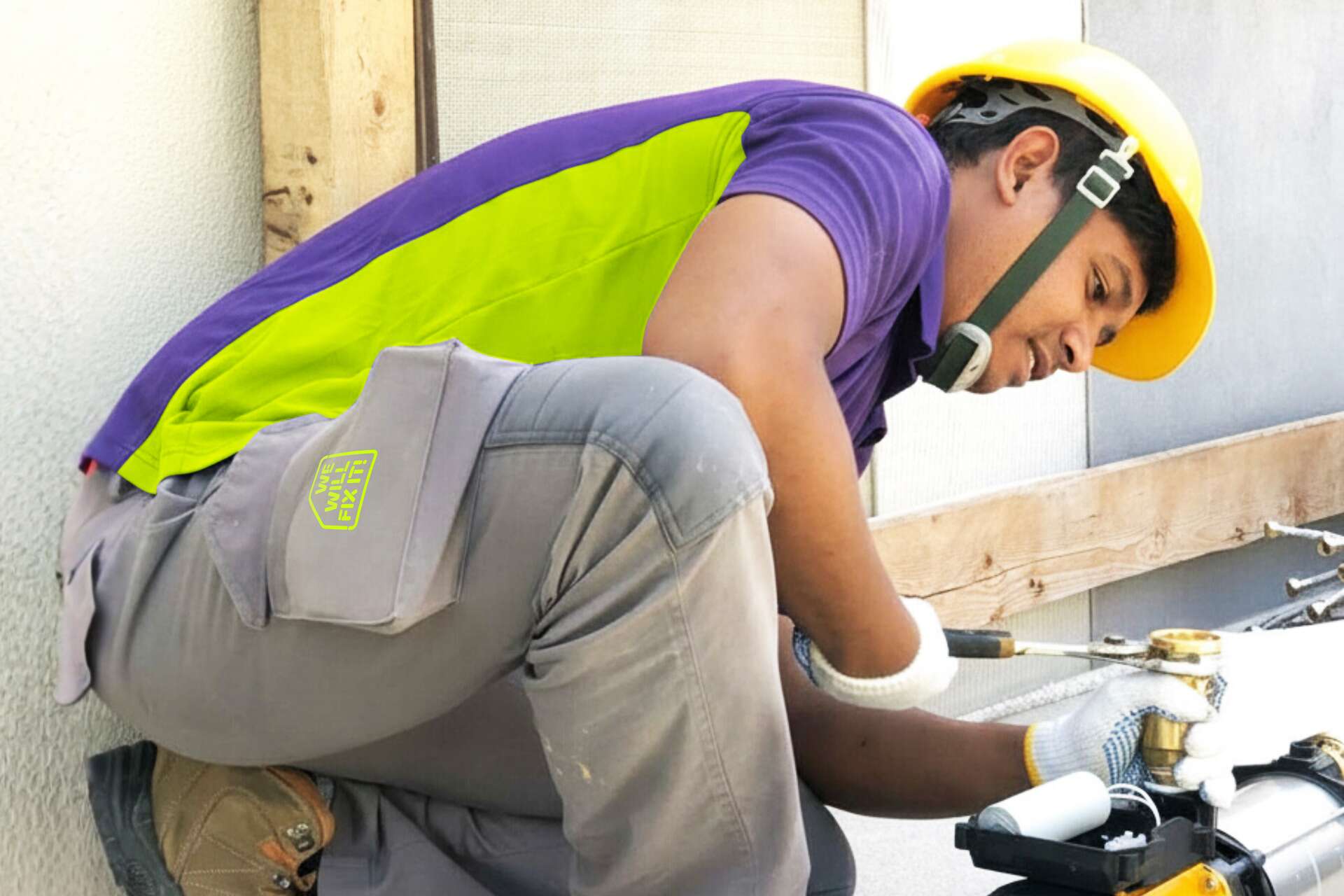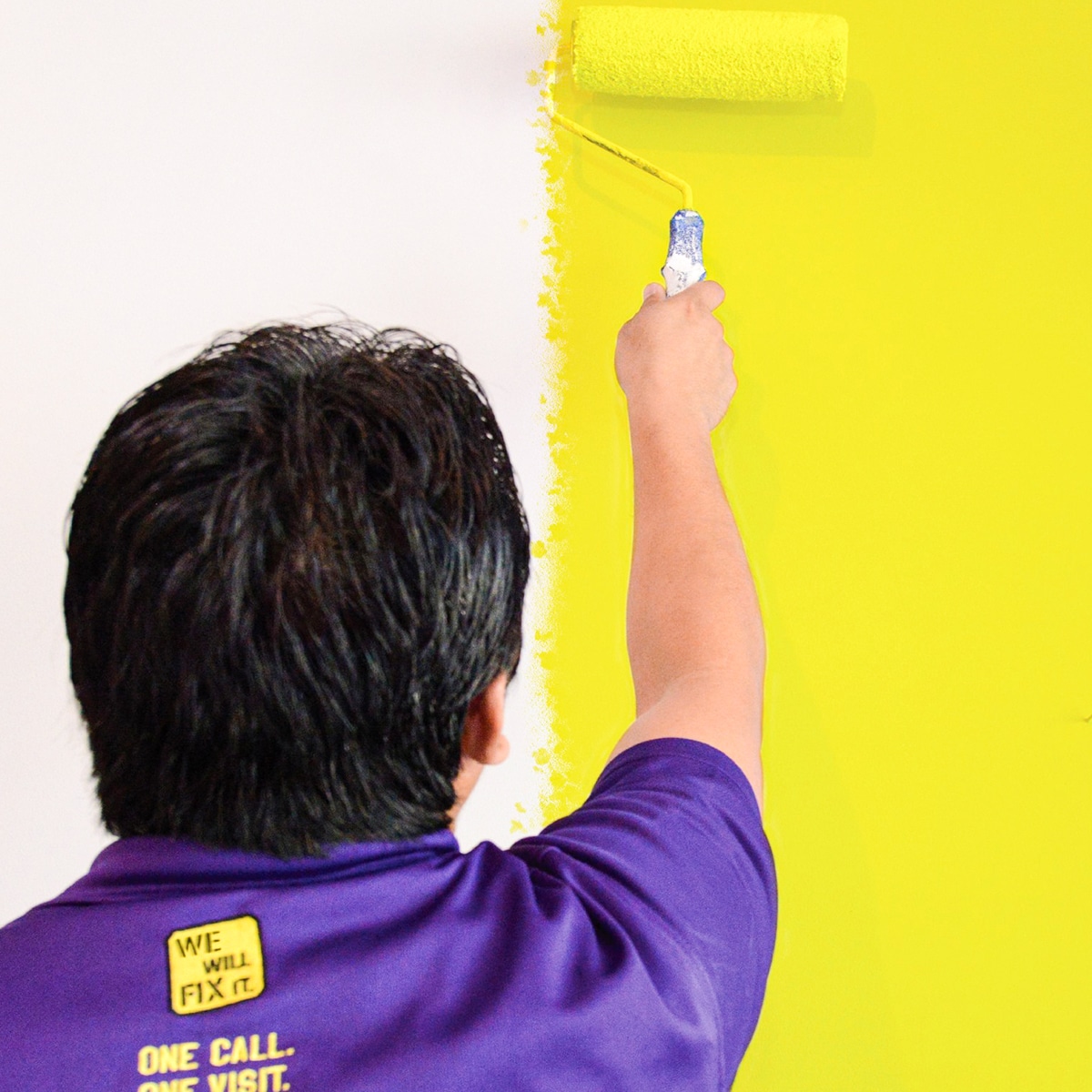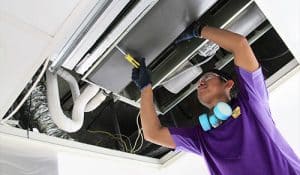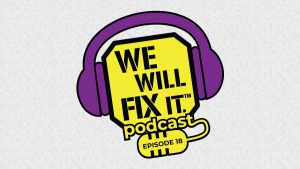Cool as a cucumber was how you used to feel waking up in your air-conditioned bedroom. It no longer feels that way. Now, you feel damp, sweaty, and sticky instead.
Your AC is not cooling properly. Not anymore. Is it time to replace it? Find out by reading on because here are a few signs an AC unit needs replacement.
It’s More Than 10 Years Old
Let us preface this by saying that if your air conditioner is more than 10 years old and is cooling your home just fine, you do not need to replace it. Air conditioners can last up to 20 years, although AC lifespan in Dubai may be shorter (up to 15 years) because of the hot and humid climate.
Yes, a 10-year-old AC can continue to work well, especially if you have an essential home maintenance contract from We Will Fix It.
A residential annual maintenance contract with us entitles you to three AC maintenance checks. Every service, we perform a 14-step AC inspection, which includes a full assessment, thorough disinfection, troubleshooting, repair, and issue resolution. Our specialists are also available on-demand, 24/7, for emergency AC services.
However, if your AC is more than 10 years old and exhibiting issues like the ones identified below, consider AC replacement.
Your AC Is Blowing Warm Air
You feel particularly hot, although the AC is on. You raise your arms to feel the air from the AC vent and feel a breeze, as expected, but it’s warm, not cold.
There can be many possible reasons for this, including a tripped circuit breaker, clogged drain lines, or a faulty capacitor.
It could be that your AC blower, air handler or compressor circuit tripped. In this case, turning off the relevant breaker switches for your AC for at least 10 seconds may reset the tripped circuit and restore the cold air.
Your drain lines may be clogged. This can cause complications, such as moisture build-up that could eventually damage electrical components and adversely affect the AC’s cooling capacity. In AC units equipped with float switches, the presence of backed-up water leads to a much more direct result: an automatic system shut-down to protect against water damage.
A bad capacitor may also be causing the problem. The capacitor turns the fan or compressor (or both) on, so a faulty capacitor means a malfunctioning AC unit. The solution here would be capacitor replacement.
Whatever the cause of this malfunction (and there are other possible reasons), an AC maintenance contractor will be able to tell for sure and solve it for you. Resetting your circuit breakers is the only thing you should do yourself if you don’t have specialised AC repair knowledge.
Your DEWA Bill Is Climbing Because of Your AC
Is your Dubai Electricity and Water Authority (DEWA) energy bill increasing over time? We can’t immediately assume the problem lies with your AC, but a few simple checks can help pinpoint if it’s to blame.
Take a moment to check your electric bills for the past 12 months. Track how much energy your house consumed for those months; i.e., check your power consumption, measured in kilowatt-hours (kWh). Disregarding the spikes caused by the naturally higher AC usage in the summer, compare your power utilisation in the current 12-month period and your power consumption in the immediately preceding year. If there was a significant increase in the year-over-year trajectory and values:
- Recall if you added new electrical appliances. If the answer is yes, evaluate if the new appliances can account for the increase in energy utilisation.
- If there are no new electrical appliances and your AC is not cooling your home as effectively as it used to, chances are high the problem lies with your AC.
It Takes Longer (and Longer) to Cool Your House
If it’s taking longer to cool your house, your unit may have a refrigerant leak. This is one of the most common old-AC problems.
If you have a gas leak, adding refrigerant to your system is not a fix, as your top-up may last only a couple of days. The solution is to have a technician find the leak and seal it.
If your AC unit is old and using an outdated type of refrigerant, however, it makes better sense to replace it altogether. Furthermore, topping up refrigerant levels will not solve the problem; over time, the leak will only get worse.
Replacement is the solution if sealing the leak doesn’t solve the problem. Your system may have other leaks in less accessible or not easily detectable locations.
It’s Noisy
Air conditioners make noise because they have moving parts. However, they shouldn’t bang and wheeze so loudly that you have to shout to be heard.
When this happens, the chances are high that you’ll have to replace major components, such as the compressor, evaporator coil, outdoor unit fan, and condenser coil. The cost of these components can be significant, and you might want to buy a new unit (with everything brand new) instead of installing a brand-new component on an aged unit.
AC Repair vs. Replacement
Every AC issue you encounter will require you to choose between AC repair and replacement. Ideally, you should ask your trusted maintenance company in Dubai. The next best thing is to use the decision-making guide below:
When to Repair an AC Unit
Consider repair if ALL of the following are true:
- Your AC unit is relatively new—i.e., below 10 years old
- Your AC unit and system undergo quarterly inspections, servicing and maintenance.
- There’s an easy, economical fix to the issue.
When to Replace an AC Unit
Consider replacement if ANY of the following are true:
- Your AC unit is at least 10 years old.
- Your AC unit and system are not subject to regular inspections, servicing and maintenance.
- Replacing the malfunctioning part is expensive, especially relative to the cost of a new unit.
What if your AC unit is more than 10 years old and past its warranty, but you have an essential maintenance contract that includes quarterly AC inspections, assessments, and troubleshooting? Try repairs first.
However, listen to your maintenance contractor if they strongly recommend AC replacement. Replace your AC if the parts you’ll need to buy to solve the issue are expensive relative to the cost of a brand-new AC unit.
When Your AC Needs Replacing
Air-conditioners typically last 10 to 20 years, although the AC lifespan in Dubai can be shorter because of the extreme heat. How do you know when to replace your AC unit?
If your AC is at least 10 years old and experiencing issues, it may be time to replace it. Signs that an AC unit needs replacement include warm air blowing through AC vents,
increasing energy bills, a longer time to cool your house, and loud noises.
A good rule of thumb when deciding whether you need AC repair vs replacement is the cost. If you must replace a costly part, it may be better to get a brand-new AC than to install a new component in a broken-down unit.
We Will Fix It provides AC inspection, maintenance, and repair, among other essential services. We can help you determine whether your AC needs repair or replacement and, if it does, find the best AC replacement in Dubai. Call us.
Confused by options?
AC replacement can be overwhelming! That’s why we’ve put together a simple checklist to safeguard your sanity when it comes to optimising your AC system. Download now to discover:
- Things to know before choosing a provider
- How to spot corner-cutting
- Conventional vs inverter – an independent overview of the pros and cons of each type
P.S. There’s no form – just free information!



